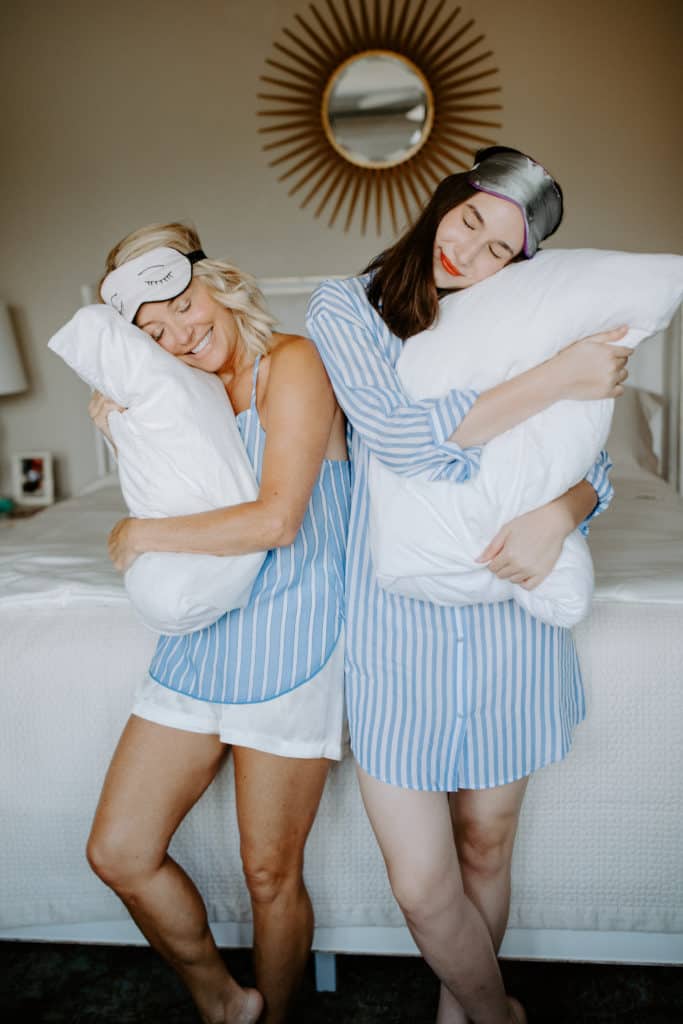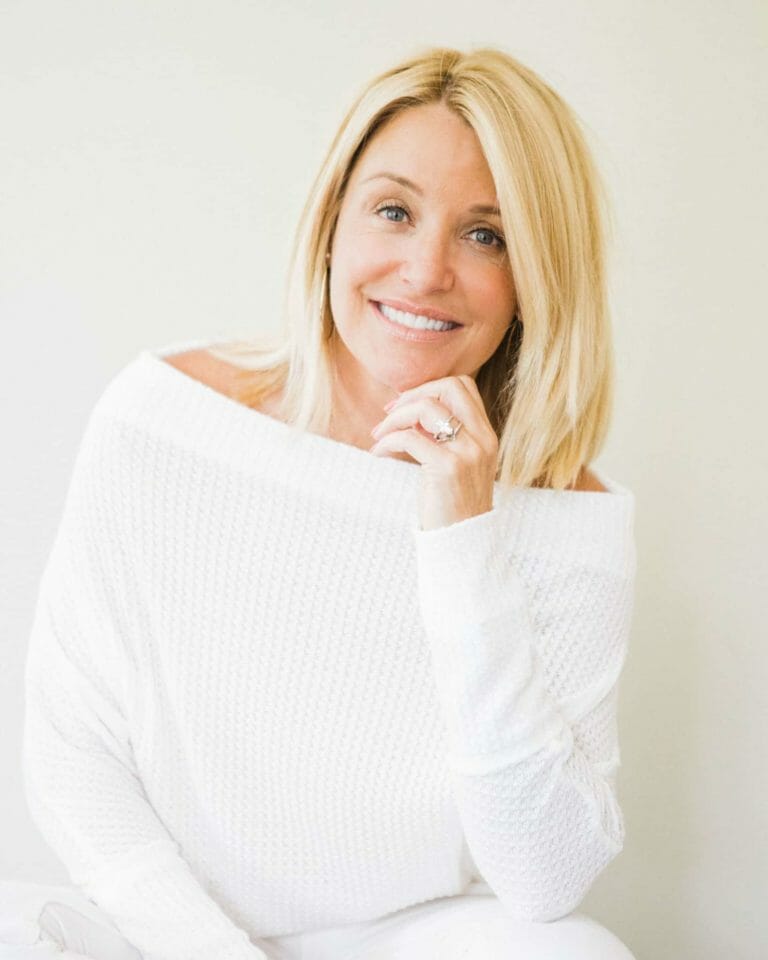I am so excited to introduce you to Christina Pierpaoli Parker, a Ph.D. student. Christiana and I share a common interest in spreading the word about the importance of sleep and your health. She recently reached out to me on social media and I was so glad she did. After talking to her, I realized you guys needed to meet her. While I have a lot of life experience on the importance of sleep, I lack the research knowledge.
Here is Part 1 of a 2 Part Series on Sleep. We will be following up with a Facebook Live on Monday, July 15th at 12:00 p.m. CST. Please post any questions you may want to be answered in the comments below.
The Sleepover Part I: Getting the Skinny On Sleep
by Christina Pierpaoli Parker
Until recently, health psychologists and physicians underestimated the power of sleep. Decades of research later, we know (unequivocally) that few things rival its benefits— and that sleep provides the foundation on which we build long, healthy lives.
Want to live longer? Sleep more. Because sleeping less shortens your life!
The National Sleep Foundation recommends that adults between the ages of 26 and 64 secure seven to nine hours of the stuff nightly; anything less constitutes sleep deprivation and anything more appears counterproductive, though people vary. Just some of the well-established costs of impaired sleep include:
- Weight gain
- Impaired memory, thinking, and concentration
- Elevated risk for Alzheimer’s disease and related dementia;
- Mood dysregulation (e.g. anxiety, depression)
- Inflammatory dermatological conditions (e.g. acne, psoriasis)
- And, premature mortality
The mechanisms implicated in these outcomes get murky and complicated, so I won’t bore you. Just know that they involve combinations of physiology, hormones, psychology, and behavior. During sleep, for example, our bodies ‘take out the trash’—flushing out cellular debris from the brain, including sticky beta-amyloid plaque involved in the development of Alzheimer’s Disease and dementia. Overnight, neural systems in our brain also (re)process and consolidate recent emotional content to “reset” us effectively and cognitively.
Sleep also affects our body. Several well-established mechanisms explain the relationship between the number of Z’s we get and inches around our waistline. The heavy-hitters?
- The less you sleep, the more time you have to eat.
- Hunger-stimulating hormones— including cortisol and ghrelin—spike when we get less than our recommended daily dose of sleep. And leptin, which curbs appetite, gets suppressed. Elevated cortisol levels contribute to acne and other dermatological conditions, including psoriasis. They call it beauty sleep for a reason. ????
- The energy we don’t get from sleep, we seek it out in food—particularly calorically dense, carb-y treats. Carbs give us convenient but fleeting boosts of energy that add inches to our waistline and spike blood sugar—setting us up for rapid weight gain and metabolic conditions like diabetes.
- Finally, excessive daytime fatigue can strip us of our motivation to exercise or cook. When we feel tired, the likelihood that we’ll opt out of exercise and in for fast, processed food increases.
A bit of evidence-based, scientific info can go a long way in helping you make some solid health choices. Anti-aging creams, boutique cosmetics, keto-diets, or hour slogs on the treadmill will never outrun the powers of good or (or bad) sleep. My prescription for health, beauty, and longevity? The best and cheapest tool you have: 8 hours of the stuff we call sleep.











